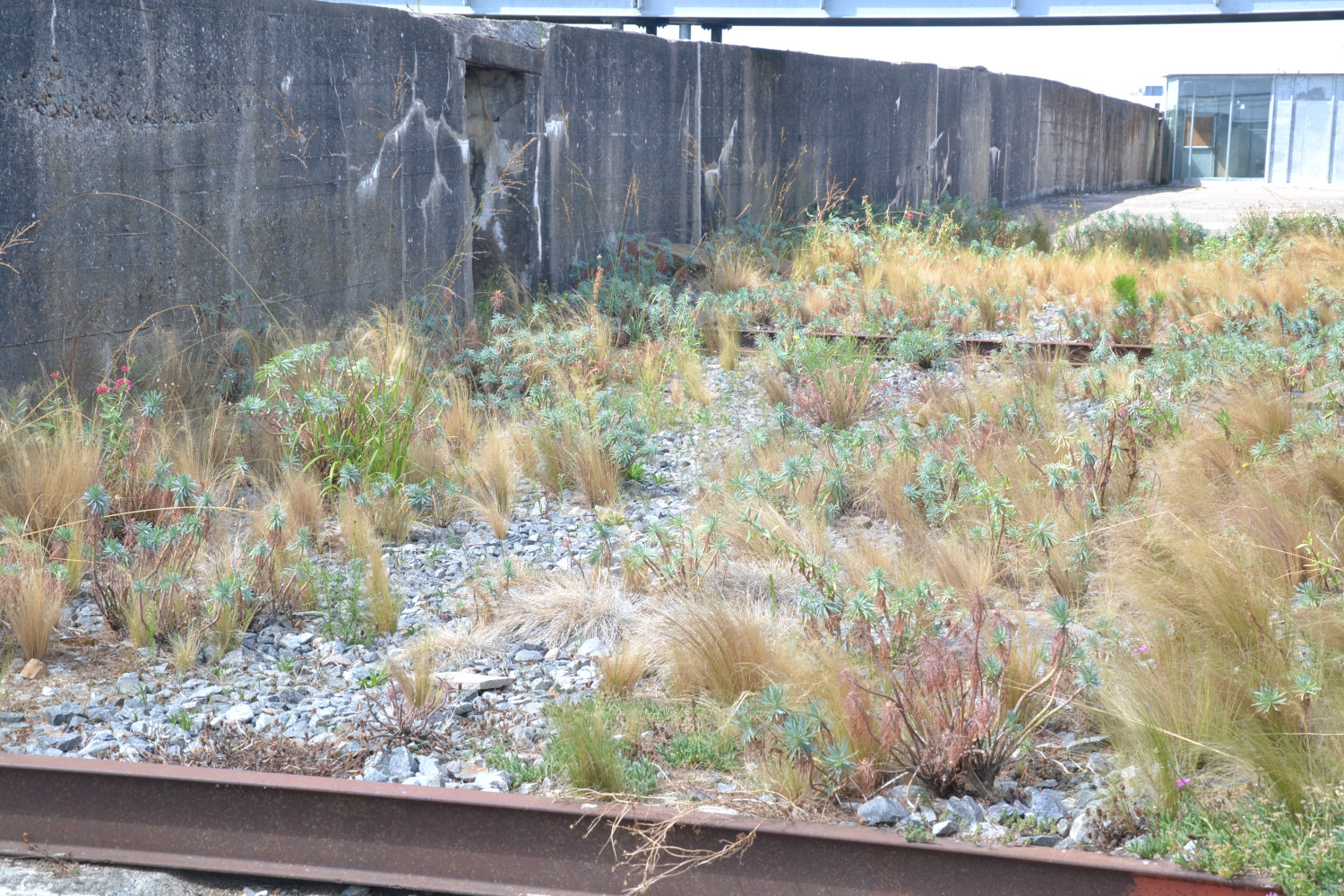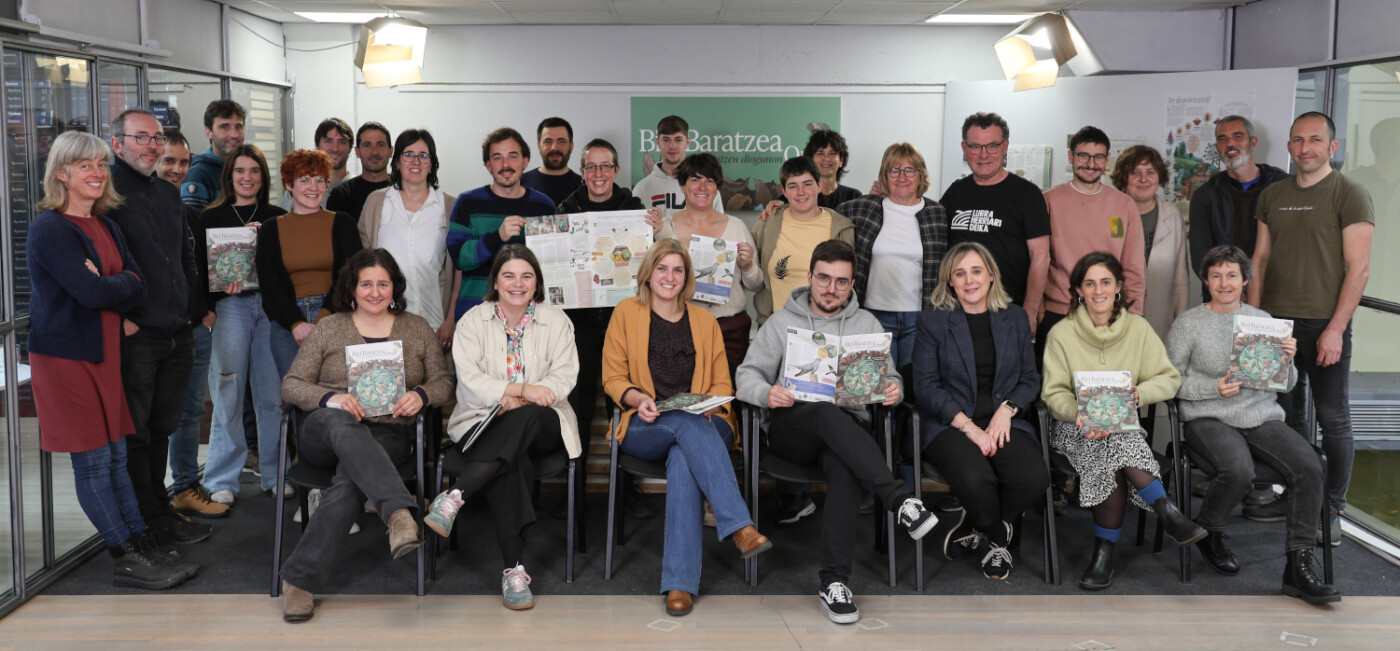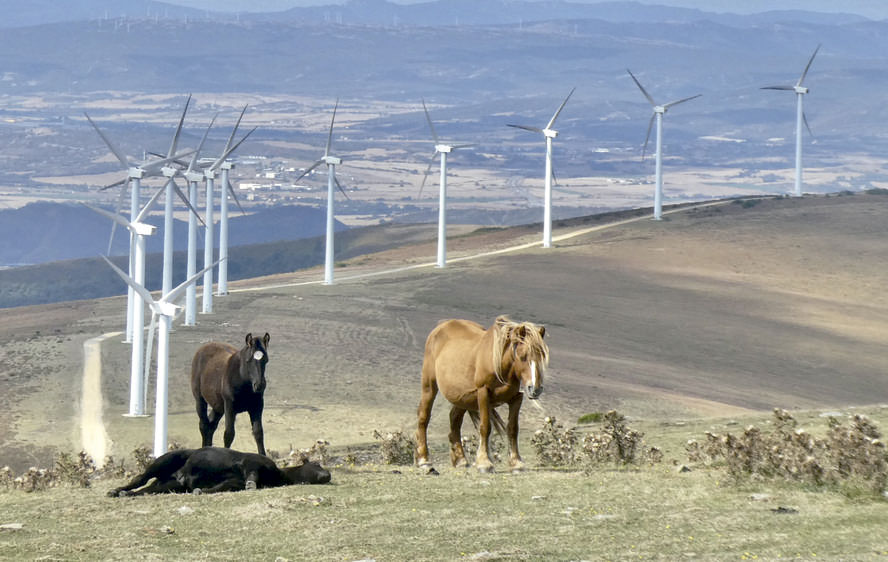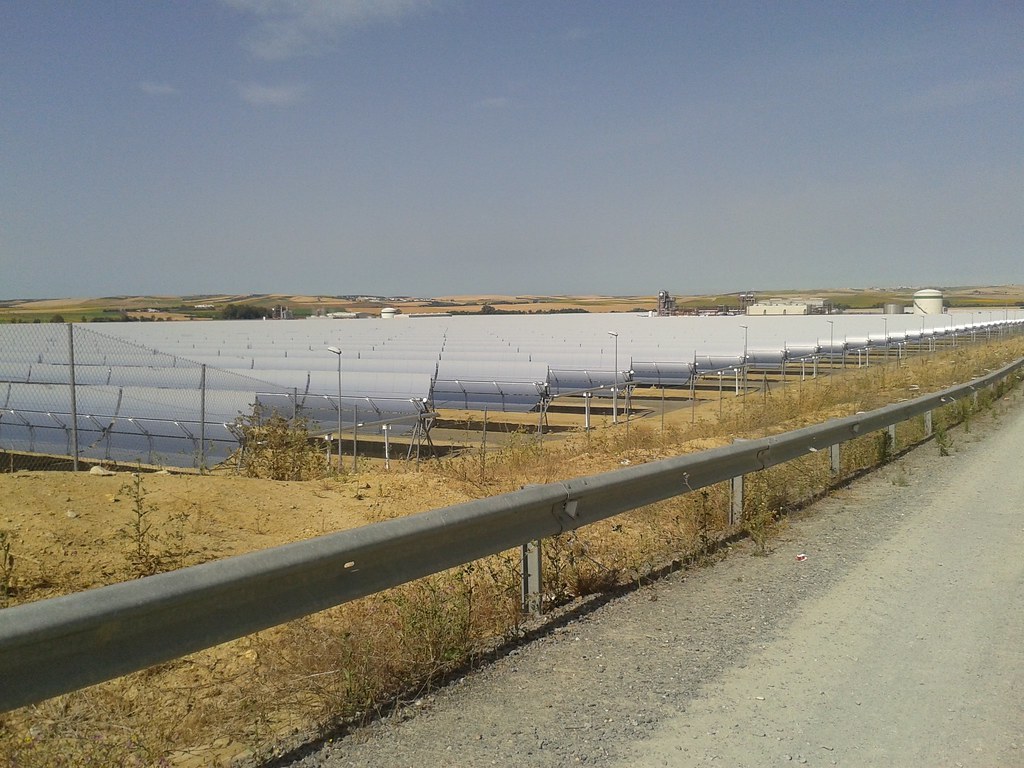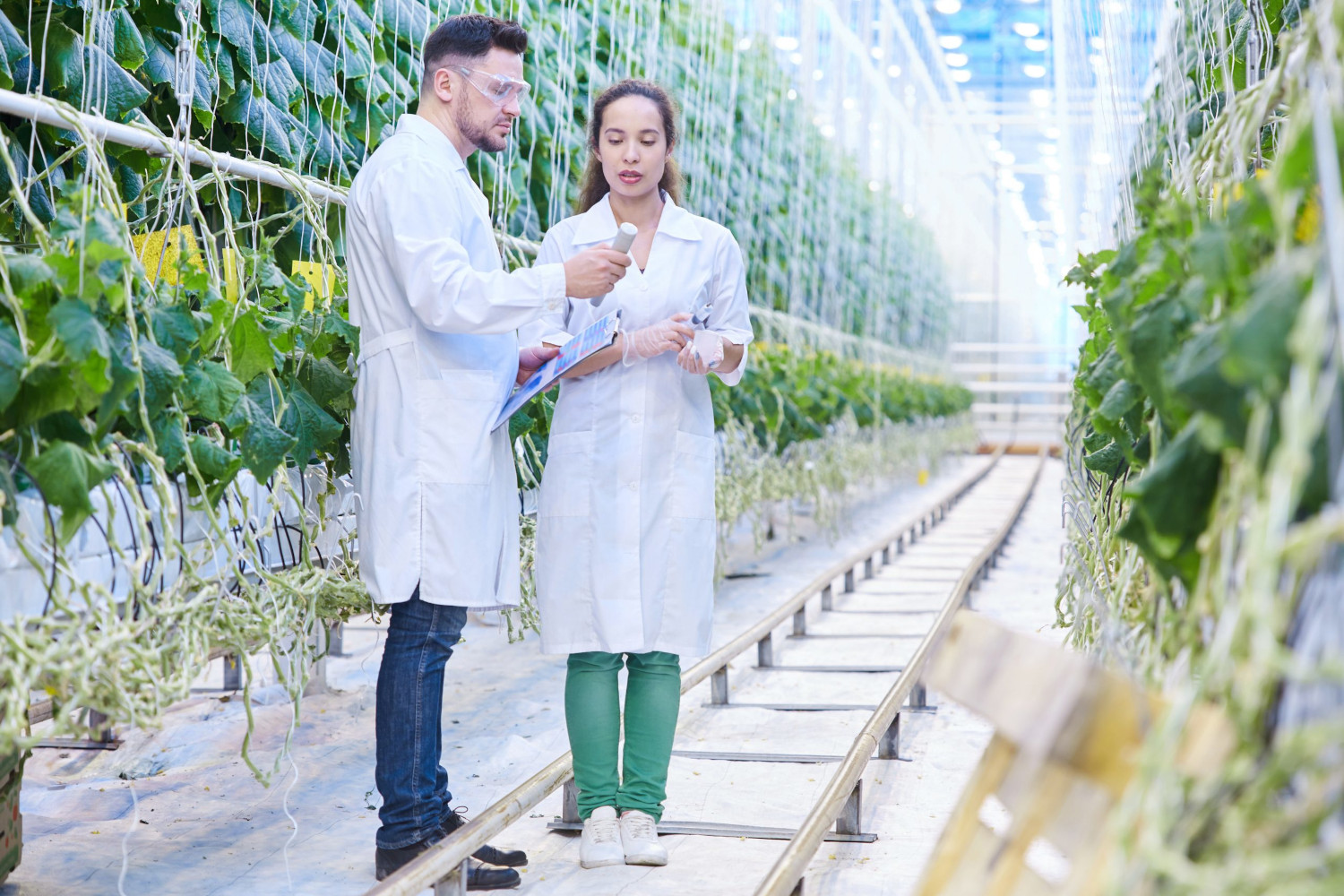Europe has been made more difficult to use other peoples of the world as stationery
- Since 1 January, the countries of the European Union have been banned from shipping "dangerous" and "unseparated" plastics to other countries of the world. Since 1992, the Basel Treaty welcomed the phenomenon a little, but there are now many more types of plastics included in that classification. Every month, Europe sends 150,000 tonnes of plastic to other countries, and knowing that much of its quantity cannot be recycled either in nature or in the oceans, it is good news for the environment and the health of all. We have turned to the market for plastic garbage, wanting to know more about this reality.

We have to remember, without saying, what it is going to do: to live well without having in view the rubbish we accumulate does not mean that we arrive at a sustainable and manageable amount of waste. If we did not lead them to land, to incineration, and above all, to the other end of the world, waste would long overtake us. In fact, every year we generate about 2,000,000 tons of waste globally, and if we continue on the same model, by 2050, we would have 3.4 trillion tons, depending on the area of the planetoscope. As regards plastic, since 2015, 6,900,000,000 tonnes of waste have been accumulated, of which only 9% have been recycled. According to the European Environment Agency, 150,000 tonnes of plastic are dispatched every month outside the Union Europea.Este a village belonging to
Zaldibar knows something about the waste business and its collateral damage, but with the delay in the magnifying glass we soon realise that waste management is focused on profitability, as well as placing the environment and health in the second or third place.
It is possible, however, to put an end to some of the jugarrets that have been there so far. In fact, since 1 January 2021, it is more difficult for us to move the rubbish to the other end of the world. European countries are prohibited from shipping plastics classified as "dangerous" or "unseparated plastics" to countries which are not members of the Organisation for Economic Cooperation and Development (OECD). In other words, the European Union has, since 1 January, been a little more respectful of the word and dignity of those who regard themselves as 'global rubbish' and, of course, health and the environment.
We've been throwing our trash in villages in Asia and Africa for many years, for example, mixing the most toxic Galatians into recyclable plastic. China has long been the main driving force for dealing with plastic waste: Since 1992, it has managed 45% of plastic waste worldwide, increasing the quantity of 10 million tonnes each year. From Europe, out of the 8 million tons of recycling annually, we shipped 2.6 to China. But China closed its doors in 2018, because the plastics it received were hard to recycle and were forced to do so because of environmental damage. Europe had 40% of the waste exported in its hands, while the United States had 20%. They had to find solutions as soon as possible – to understand, to achieve new goals – so that the frenetic consumption legs were not found among plastics. They were originally intended for the surrounding villages (Malaysia, Indonesia, Thailand, etc.). ), until they reached the door or in the middle: Malaysia suspended plastic import authorizations in October 2018, Indonesia intensified customs controls in April 2018, and Vietnam strengthened the trial against container owners. Turkey is today the first European destination for plastic garbage. But local environmental policy Emine Ozkan explains to Reporterre the harsh reality: "We don't have a policy to channel recycling," he stressed. This is how Greenpeace tries to raise the problem: “Some of the waste collected from outside is not recycled and dumped into nature; it is also burned, polluting the environment, soil and atmosphere. The import of plastic waste is not synonymous with recycling.”
Global fraud
However, if it wants to enforce the new measures, the European Union will have to look towards the mafia networks. Since 2018, the illegal traffic in plastic waste has exploded, according to the report published by INTERPOL last August. In recent years, imports have grown by 330 per cent in Malaysia, 300 per cent in Thailand, 277 per cent in Vietnam and 165 per cent in India. In 40% of these marketing channels, illegal burdens were found which did not reach the figure. In 2019, of the 1,095 containers inspected at their entry into Indonesia, 433 were declared illegal. Among them were high toxicity garbage and low recyclable condition. The situation is even more unacceptable in view of the recycling infrastructure of these municipalities, which hardly have the infrastructure to carry out the recycling process. The report The Bulgarie n’en peut plus d’être
la poubelle de l’Europe (“Bulgaria can no longer tolerate being a dirty in Europe”) explains in detail that in Europe the same logic also prevails. "Bulgaria is an eldorado of garbage coming from the rich countries of Europe," the journalist said. Garbage and corruption are hand-in-hand to top government officials in Bulgaria. The "circular economy of plastic", proposed by the European Union, therefore has shadow areas: We have them managed within Europe, but Bulgarians and Eastern Europeans are paying the bill for the loss of health... Recyclage, le grand enfumage, is researching all this. Comment l’économie circulaire est devenue l’alibi du jetable (The great waste of recycling: how the circular economy has become the libel of the drugstore) is the book just published by Flore Berling, a member of the Zero Waste association. The conclusion is clear: the recycling strategy without a waste reduction objective is contradictory. He denounces the "instrumentalization" of recycling led by large companies and their lobbies: "It can be used as marketing, as an argument for selling, so that in the end you can buy more; there is also the logic of greenwashing – knowing that in the end there is no recycling – in this case it becomes a tool of lobbies to avoid measures against the tendency to use and throw".
It also explains the licensing effect or authorization based on the research of Monic Sun and Remi Trudel: "Knowing that we have the possibility of recycling or that the waste is going to be recycled makes us consume even more the resource we have at our disposal. In other words, the possibility of recycling generates excessive consumption." Baptiste Monsaingeon, author of the book Homo Detritus, develops the same idea: "As plastic is said to be part of the circular economy, we are thought to be doing a good job by throwing plastic into a ‘proper rubbish bin’. However, this promise has never been fulfilled, in Paris 80% of these trash cans are burned."
Although 100% was recycled, recycling would not be a magic solution: "Whatever the material, the recycling process itself consumes resources, generates greenhouse gas emissions and pollution. I do not mean that it is not recited, but it must be borne in mind that this process is not entirely environmentally neutral,” Berlingen explained.
Today’s Venice is built on an archipelago of 118 islands. These islands are connected by 455 bridges. The city is based on mud rather than Lura. Millions of trees in the area were cut down from the 9th century onwards to build piles and cement the city. Years have passed and... [+]
Lehengai anitzekin papera egitea dute urteroko erronka Tolosako Lanbide Heziketako Paper Eskolako ikasleek: platano azalekin, orburuekin, lastoarekin, iratzearekin nahiz bakero zaharrekin egin dituzte probak azken urteotan. Aurtengoan, pilota eskoletan kiloka pilatzen den... [+]













